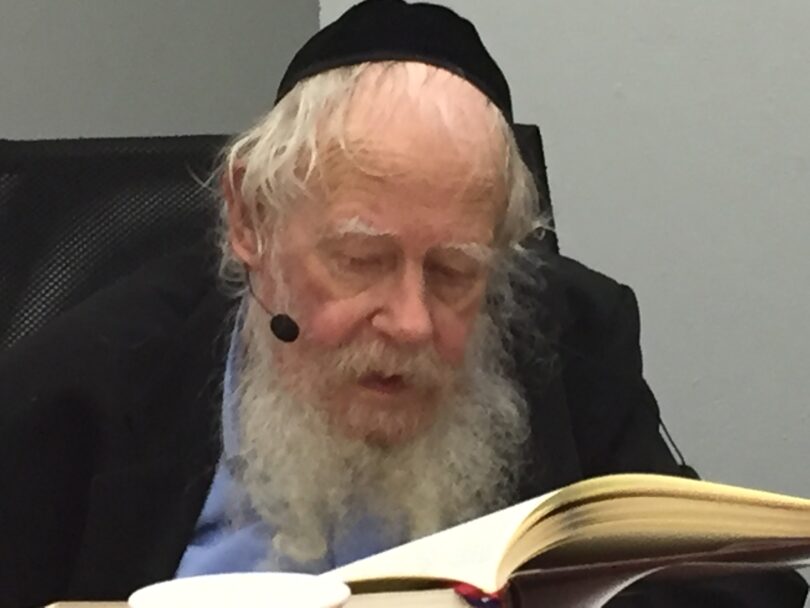Our sages say of David and Bathsheba, “She was intended for David…only that he took her before she was ripe” (Sanhedrin 107a).
The same applies to the fruit of the Tree of Knowledge as well.
Adam took it before it was given to him, before the proper time had come, like an unripe fig.
According to this interpretation, the tree and its fruit were actually intended for Adam; it was only prohibited to eat from it because the proper time had not yet come: Either the man was not yet ready, or the fruit was not yet ripe.
The assumption is that there was an order to the world, a plan as to how things were supposed to unfold, and it went awry.
There are certain things that, when experienced at the right time, can be beneficial, but when experienced at the improper time can be damaging.
In light of this, we must ask today whether the world is running too fast.
Is it progressing beyond all proportion?
The human race now has tremendous power, primarily the power to destroy, on a scale that was unattainable to earlier generations.
Do people today have more power than they require?
Is it more than we can handle?
Is our power greater than our ability to judge how to use that power?
Is it possible that we are eating the fruit of the Tree of Knowledge when it is not yet ripe?
The Mishna in Pirkei Avot criticizes the person “whose wisdom is greater than his deeds” (3:17).
This is not a repudiation of wisdom, but merely a safeguard: If a person does not want wisdom to affect him like a “deadly poison,” he must always apply it.
To be sure, no matter how much one applies his wisdom, it is never enough; one must always progress and improve.
The Talmud in Ketubot 50a advises teachers of young children that once a pupil has reached the age of six, “stuff him like an ox,” i.e., feed him as much knowledge as possible.
At the same time, however, a person’s fear of sin should take precedence over his wisdom – his wisdom must never exceed his ability to use it.
–Rabbi Adin Steinsaltz

